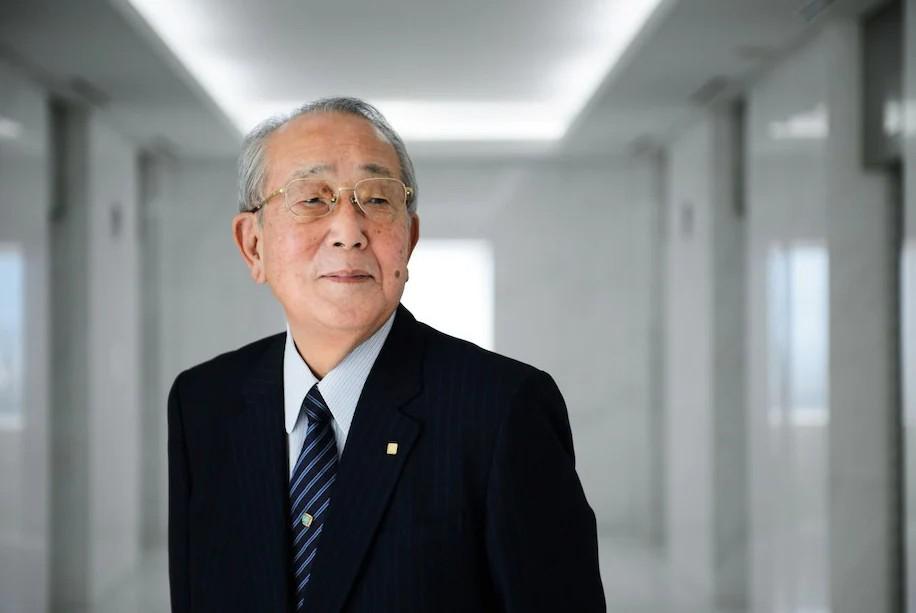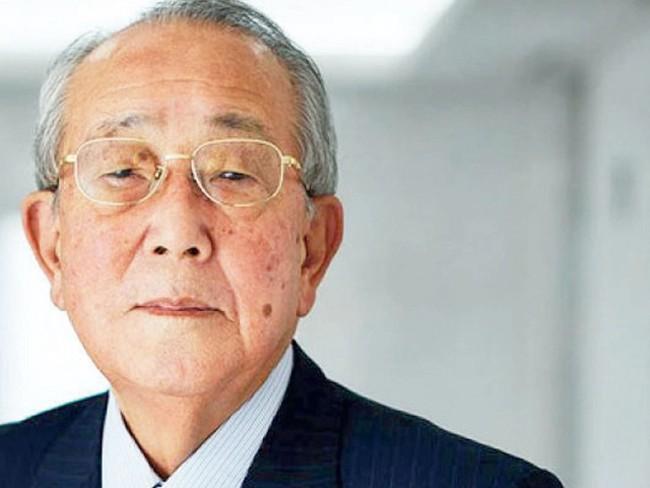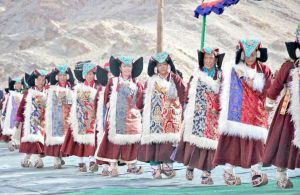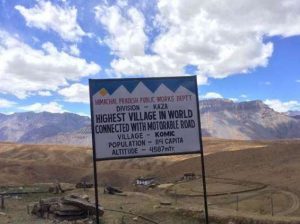
Kazuo Inamori, who founded the Japanese corporate giants Kyocera and KDDI before retiring to become a Buddhist priest, died of natural causes on 24 August. He was 90 years old. His family held a private funeral service and plans are underway for a public memorial.
Inamori came of age in the early years of Japan’s post-World War Two economic boom. Through his intelligence and hard work, he formed companies that would serve global telecommunications needs.
His lifelong business philosophy was: “Give excellence and empathy and the universe will smile back on you.” He once elaborated on this motto, saying, “We respect the divine and the spirit to work fairly and honestly.” (The Washington Post)
Inamori founded Kyocera—a portmanteau of Kyoto and ceramics—in Kyoto in 1959. He was 27 years old at the time. The company specialized in the precision ceramics necessary for electronic devices such as computers and eventually mobile phones. In 1984, he founded the telecommunications firm DDI Corp., which merged in 2000 with other telecom companies becoming KDDI.
A large part of his success has been attributed to his management style, which involved putting humanity first. He entrusted management at various levels to work independently and asserted: “Company leaders should seek to make all their employees happy, both materially and intellectually. That’s their purpose. It shouldn’t be to work for shareholders.” (The Economic Times)
Along with his success in business, Inamori became a prominent philanthropist, founding the Kyoto Prize to recognize achievements in the sciences, arts, technology, and philosophy. The first Kyoto Prize was given in 1985 and recipients have included philosophers Martha Nussbaum (2016) and Karl Popper (1992), as well as literary critic Gayatri Spivak (2012), primatologist Jane Goodall (1990), and composer John Cage (1989).
Justifying his establishment of the Kyoto Prize, Inamori said: “I wish to repay my indebtedness to the global community that has helped make me what I am today. I would also like to establish a prize to formally recognize highly dedicated but unsung researchers, thereby creating a brighter future.” (Kyoto Prize)
“Most industrialists don’t dream, and most dreamers don’t manufacture things, so I am very lucky,” Inamori was quoted as saying. (The Washington Post)

In 2005, Alfred University, a private non-profit university in New York, renamed its engineering school the Inamori School of Engineering in response to a US$10 million gift from Kyocera in Inamori’s honor.
“With the opening of the Kazuo Inamori School of Engineering at Alfred University, it is my hope that Alfred University and the Kyocera Group can together be on the cutting edge in biomaterials, photonics and nanomaterials,” Inamori said at the ceremony dedicating the Inamori School. (Olean Times Herald)
Inamori retired in 1997 and dedicated his life to Buddhist practice, shaving his head and maintaining a vegetarian diet. However, in 2010, when Inamori was 77, the Japanese government asked him to come out of retirement to help save the national airline, Japan Airlines (JAL). A year later JAL emerged from bankruptcy.
Inamori’s philosophy at JAL was similar to that at his previous businesses: “What should be the purpose of life for human beings? It should be to develop their heart. By improving the state of his or her soul, a person can develop a heart that is at least somewhat better than it was at birth by the time he or she dies.” (Japan Forward)
“In capitalism,” he told the Boston Globe newspaper in 2012, “greediness is something regarded as a good thing. However, if we rely too much on that, I think society will collapse.” (The Washington Post)
Read more
Kazuo Inamori, Japanese mogul who became Buddhist monk, dies at 90 (The Washington Post)
Kazuo Inamori: Buddhist priest who became a billionaire snubbing investors (The Economics Times)
About the Kyoto Prize (Kyoto Prize)
Alfred University School of Engineering benefactor passes away at 90 (Olean Times Herald)
OBITUARY | Kazuo Inamori, Charismatic Kyocera Founder and Management Guru, 90 (Japan Forward)
Related news reports from BDG
Buddhism Featured in Thai Business School
Japanese University Develops Robotic Exoskeleton to Aid Buddhist Pilgrims
Japanese Buddhist Monk Combines Electronic Music and Choreography in Prayer Dance for Students
Socially Engaged Japanese Buddhist Nun Jakucho Setouchi Dies Aged 99
Japanese Buddhist Temples Share Devotional Offerings with Disadvantaged Families
Related features from BDG
Energy as a Way of Life: Japanese Buddhist Priests Reflect on the Ukraine and Sri Lanka Crises While Calling for Local Energy Self-Sufficiency
Japanese Buddhism 101: The Search for the Buddha
Death and Dying in Japanese Buddhism












